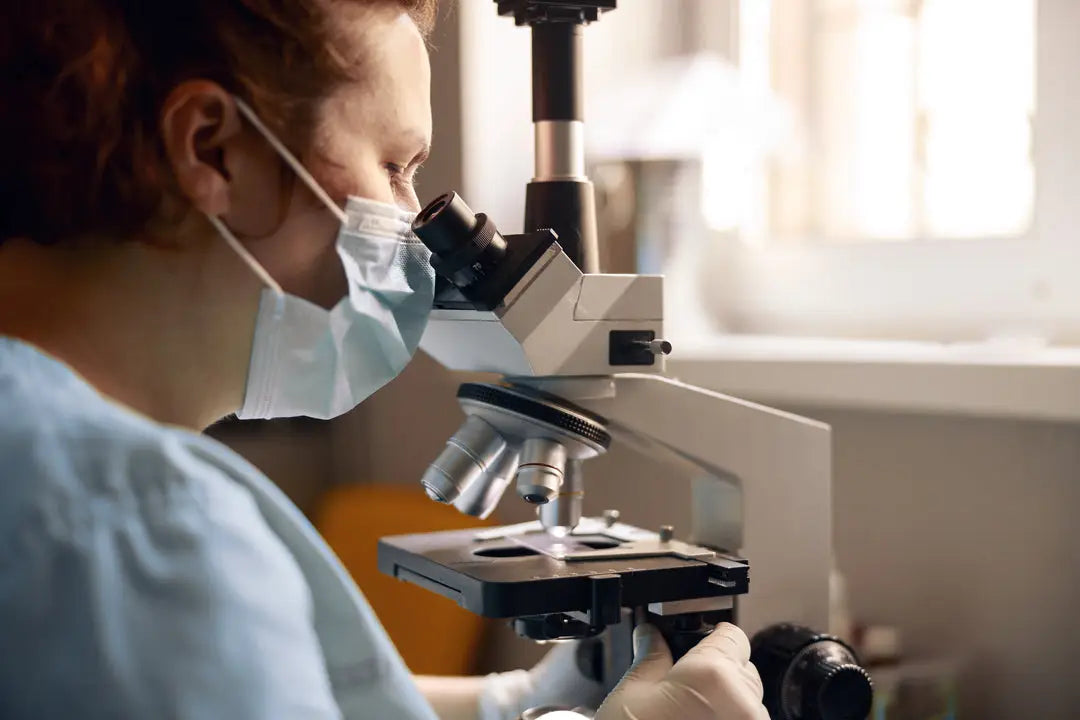No Products in the Cart

Explore the rigorous testing performed to ensure the safety and effectiveness of face masks, from filtration and strength testing to comfort and durability testing.
In the era of the pandemic, face masks have become an essential item for public health protection. But not all masks are created equal. Rigorous testing is crucial to ensure that face masks meet high standards of safety and effectiveness. At Cetrix Store, we take pride in offering products that have passed extensive quality control tests, from filtration efficiency to comfort and durability. This article explores the different types of tests that face masks undergo before they reach the public.
The most critical measure of a face mask's effectiveness is its ability to filter out harmful particles. This includes tests like:
These tests are conducted using standardized methods, ensuring that the masks can protect users from airborne pathogens and pollutants.
While filtration is crucial, a mask must also be breathable to ensure comfort during extended wear. Breathability tests measure the resistance to airflow through the mask. A lower resistance indicates better breathability, which contributes to overall comfort and reduces wearer fatigue.
For medical-grade masks, fluid resistance is a key test that determines the mask’s ability to resist penetration by blood and body fluids. This test is crucial for masks used in medical settings to protect healthcare workers from potential exposure to infectious fluids.
Masks are tested for comfort by evaluating materials used for any potential skin irritation and the overall feel of the mask against the skin. Durability tests simulate extended wear to see how the mask materials hold up over time, ensuring that they can last through the recommended wear time without degrading.
Masks must comply with local and international standards, including certifications like NIOSH for N95 respirators in the U.S., or the EN 149 standard in Europe. Compliance with these standards is verified through rigorous testing and is crucial for consumer trust and safety.
At Cetrix Store, we understand the importance of providing high-quality, safe, and effective face masks. By ensuring our products undergo rigorous quality control tests, we help safeguard the health of our customers and their communities. When you choose a mask from Cetrix Store, you're choosing a product backed by science and rigorous testing standards.